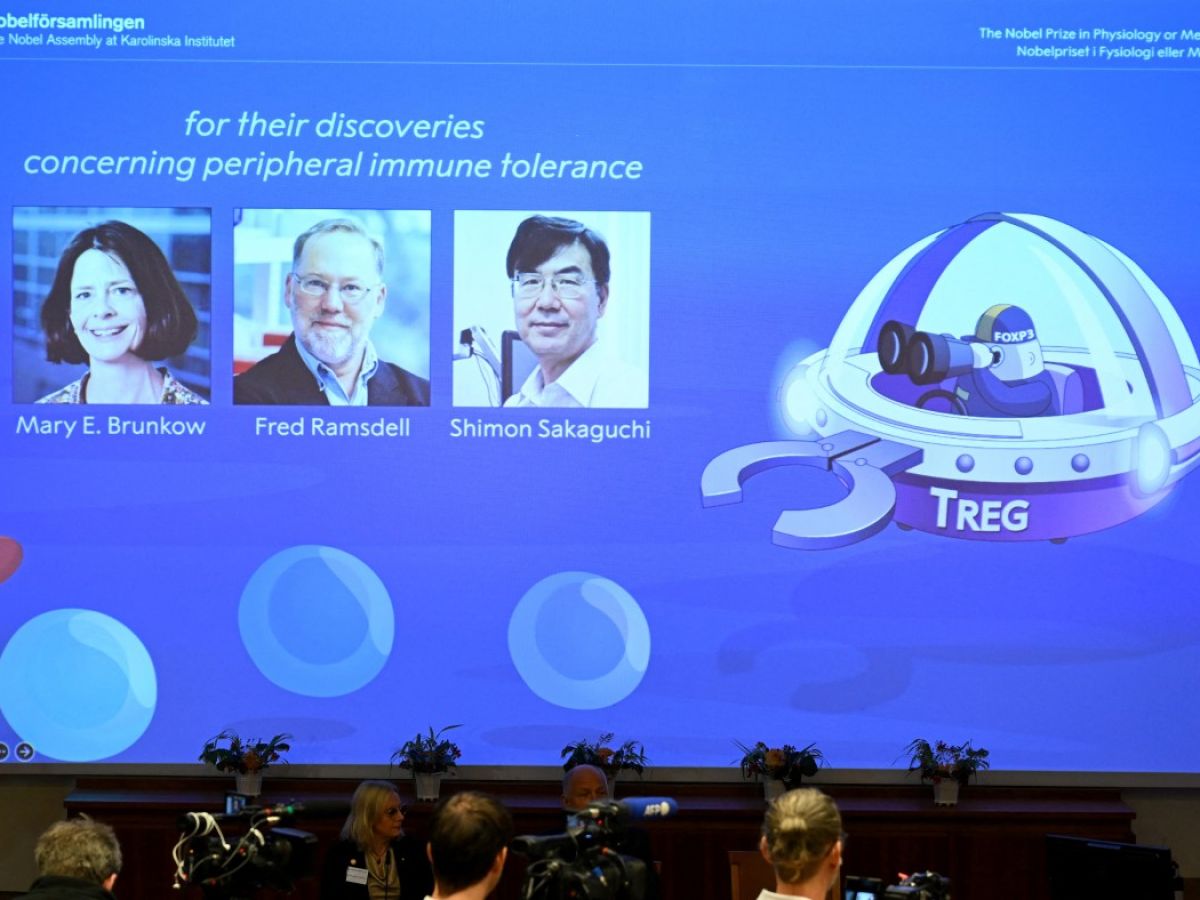Medicine opened the Nobel Prize season on Monday, October 6, 2025. This prestigious prize was awarded to Americans Mary Brunkow and Fred Ramsdell, and to Japan's Shimon Sakaguchi. for their discoveries of the central role of regulatory T lymphocytes and the FOXP3 gene in the control of the immune system. A major advance, explains in a interview Alain Fisher, pioneer of immunology in France.
“The strength of life does not lie in the violence of the response.”
“For a long time, the immune system was described as an army ready to attack anything foreign, he specifies in particular in the interview. These discoveries force us to change our perspective: immunity is not just a war machine, it is also a system of balance and restraint. Health does not depend solely on our ability to eliminate what threatens us, but also on our ability to preserve what constitutes us. Regulatory T lymphocytes embody this biological wisdom: they remind us that the strength of life does not lie in the violence of the response, but in the finesse of control. In other words, this Nobel Prize rewards a simple and powerful idea: restraint is a form of defense.
"Some discoveries (in immunology) have a considerable impact"
In this interview, he also looks back on the long tradition of Nobel Prizes in immunology. "It (immunology, editor's note) remains a very fertile field and some discoveries have a considerable impact. Immunotherapy based on monoclonal antibodies discovered by Georges Köhler and César Milstein, Nobel Prize winners in 1984, is the emblematic example: today there are more than 200 registered drugs and colossal markets. James Allison and Tasuku Honjo, Nobel Prize in 2018, have shown the role of molecules that inhibit immune responses, against which monoclonal antibodies are successfully used in cancer treatment. This also shows that the immune system is a complex machine because, as we examine things in more detail, we are constantly making new discoveries.
To read the full interview with Alain Fisher, visit the website The Research.

